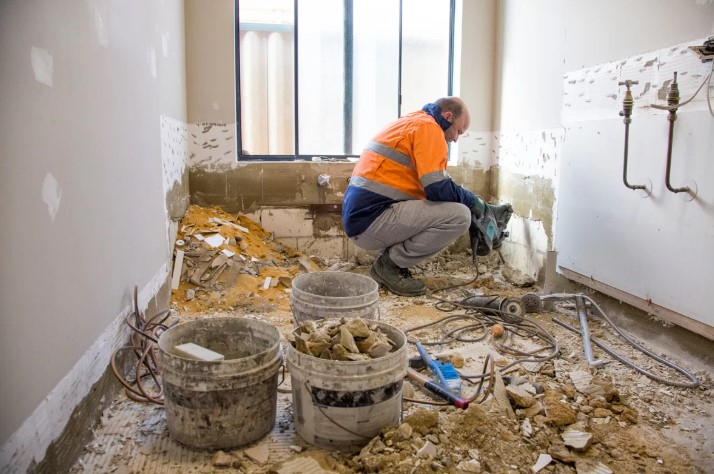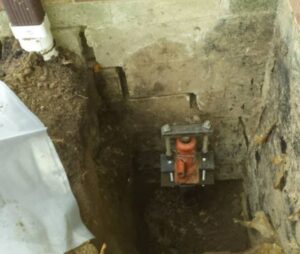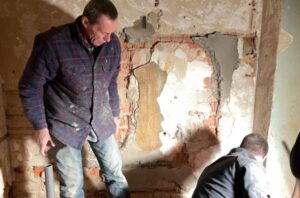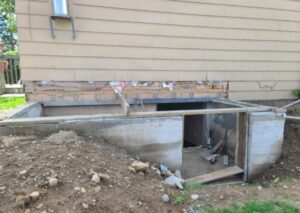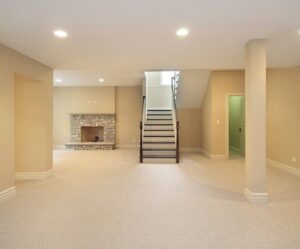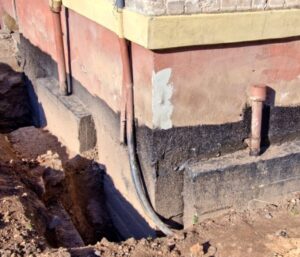Practical Ideas for First-Time Homeowners

Buying your first home is always exciting, but being a new homeowner also comes with a lot of unfamiliar responsibilities. From budgeting for maintenance to keeping track of repairs, there’s much to learn.
Establish a Home Maintenance Fund
As a renter, you could simply call the landlord when things broke. But as a homeowner, you’re now responsible for all repair and maintenance costs. Experts recommend setting aside between one and four percent of your home’s value annually for routine maintenance and unexpected repairs. Perhaps you could create a dedicated home repair savings account and allocate a portion of your monthly budget towards building this fund.
Learn Basic DIY Skills
While you’ll likely need to hire professionals for major issues, taking the time to learn some basic home maintenance skills will save you a lot of money. Try to learn simple DIY tasks such as caulking windows, unclogging drains, patching drywall holes, and re-grouting tile. Having these basic abilities will let you manage small jobs yourself rather than paying someone else.
Stock Up on Essential Tools
Every homeowner really should have a well-rounded toolkit on hand to cover most maintenance needs. Essentials for this kit are a hammer, wrench set, pliers, screwdrivers, drill, putty knives, saws, tape measure, utility knife, and a ladder. Having the proper tools makes DIY jobs so much easier as well as safer to tackle.
Know Your Home’s Systems
Learn how key systems in your new home work, like the electrical panel, HVAC equipment, water heater, and some major appliances. Find out typical service intervals, where shutoff valves are, how to change filters, and reset procedures. Having a working knowledge of your home’s core systems helps to avoid costly breakdowns.
Keep Detailed Records
Create a dedicated filing system or binder to store any and all records related to your home’s major systems, appliances, and repairs. This makes it easy to reference product manuals, track service histories, and have receipts on hand when making a warranty claim.
Prioritize Safety Systems
As a new homeowner, prioritize installing or upgrading key safety systems like smoke alarms, carbon monoxide detectors, fire extinguishers, and security systems. Furthermore, take the time to check their functionality and testing schedules. Some mortgage providers require specific home safety features, so do your due diligence.
Inspect and Update Regularly
Don’t just move in and ignore things; make it a habit to regularly inspect your home’s interior and exterior in detail. Look for issues like leaks, cracks, rotting wood, loose gutters, and roof damage. Catching problems early makes repairs so much easier and less expensive to address.
Care for Outdoor Spaces
Do not neglect the outside areas of your property, either. Keep the yard tidy by regularly mowing, trimming, weeding, and cleaning debris. Reseal any decks and fences annually and clean gutters and downspouts each season to prevent backups. You can add weatherproofing like caulk around windows and doors to increase energy efficiency, as well.
Update and Maintain Countertops
Kitchen and bathroom countertops take a lot of abuse and impact from daily use. The people at Bedrock Quartz recommend learning the proper techniques for cleaning and protecting the countertop surfaces based on the specific material. Some require regular re-sealing, while others need scratch prevention strategies. Establishing good upkeep habits extends their lifespan.
Make a Realistic Plan
With limited budgets and time, new homeowners cannot address everything immediately. Prioritize your repair and renovation checklist from most urgent to most desired. Tackle issues related to safety, damage prevention and essential maintenance needs first before moving onto cosmetic projects.
Conclusion
Owning your first home is exciting but requires real commitment to maintain everything properly. But take it one step and task at a time, and home maintenance becomes very manageable. Make it a priority from day one, and you’ll be able to enjoy your new home for years to come.


